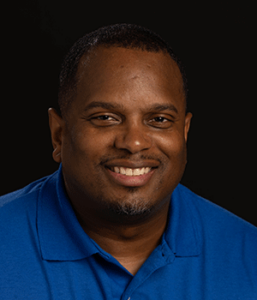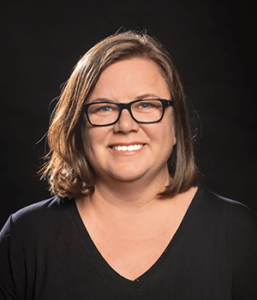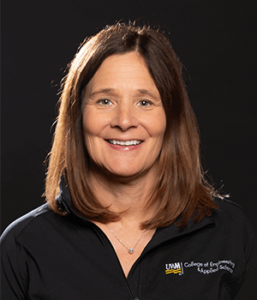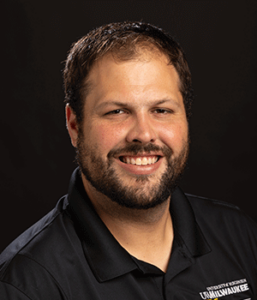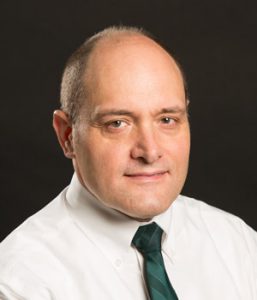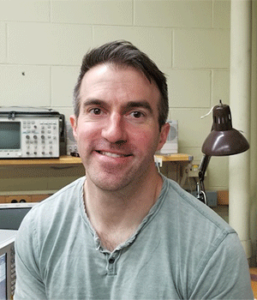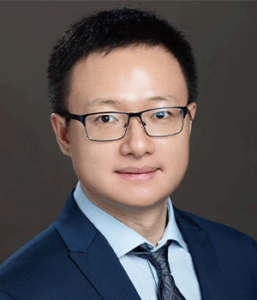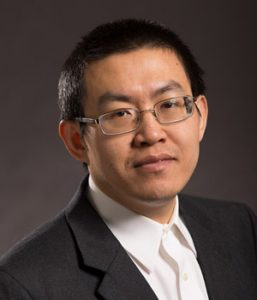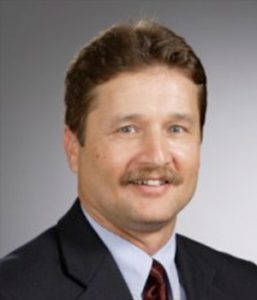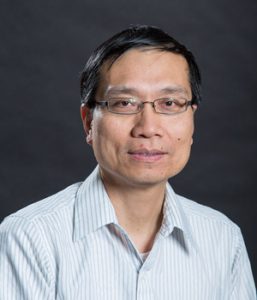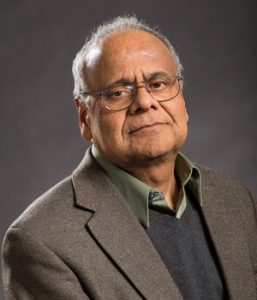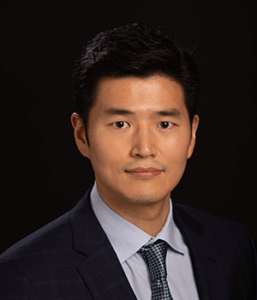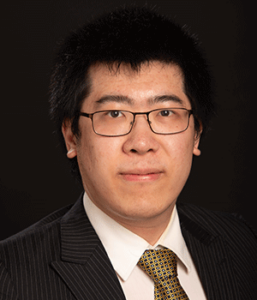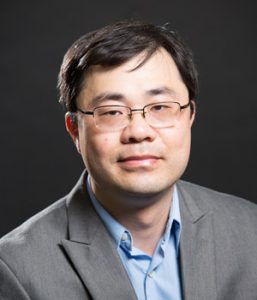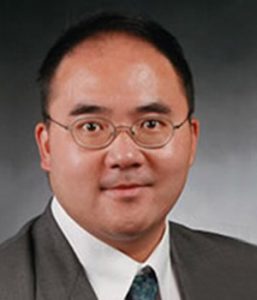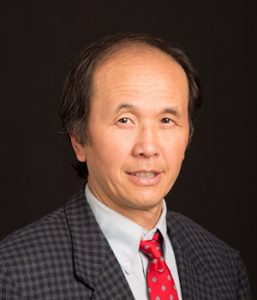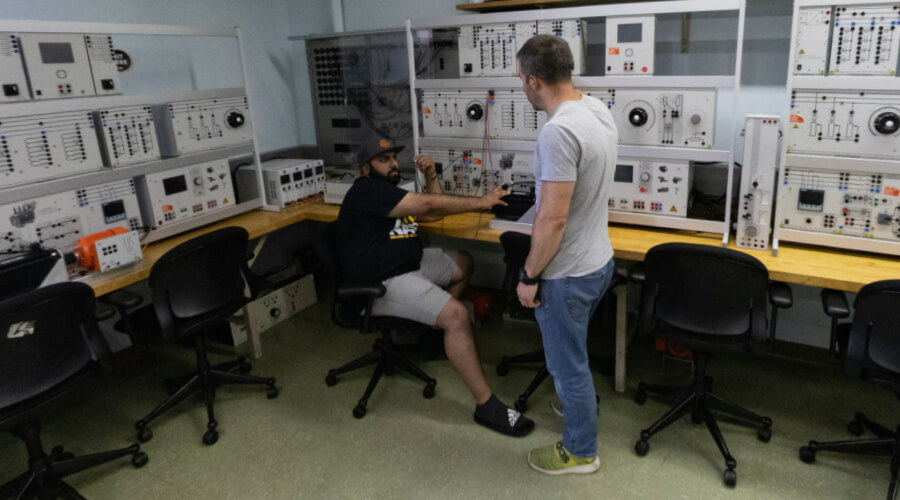Electrical Engineering BSE
Electrical engineering deals with the technology of electricity and as an electrical engineering degree student, you’ll design, develop, produce and improve every kind of electrical device imaginable.
You’ll learn fundamental concepts about how circuits work. It helps to be good at abstract thinking because even though you’ll work with tangible items such as conductors, switches, capacitors, and transistors, many of the processes involved are not visible.
For more information on electrical engineering and information on technical specialties within the field, visit the Institute of Electrical and Electronics Engineers and Career Cornerstone.
Program Type
Major, Minor
Program Format
On Campus
Career Outlook
You’ll be in demand across many fields. Graduates work in almost every industry. Electric power generation, transmission and distribution are among the top paying industries for electrical engineers and you’ll appreciate our faculty’s expertise in these fields. By 2030, the number of electrical engineers employed in the solar energy industry is expected to grow by nearly 25 percent and in the wind energy industry by almost 52 percent.**
2021 median pay was $100,420/year*
*U.S. Bureau of Labor Statistics
**Progressive Recruitment

What to Expect
Increased speed to graduation
Our new and redesigned curriculum makes it easier and faster for you to complete your degree. You’ll also find greater flexibility in the electives available to customize your experience.
What makes our program stand out
The Electrical Engineering major at the College of Engineering & Applied Science is an exceptional hands-on, multi-disciplinary program designed to prepare students for successful careers or graduate study with top-tier universities.
Though we have curriculum requirements, electrical engineering students at UWM have the flexibility to choose the areas of study that interest them. Our students are encouraged to have a broad exposure to different technical areas rather than a narrow focus in one. In fact, we find that students who choose at least two technical tracks, such as electrical engineering and physics, are best prepared to achieve success.
Honors
You will be eligible for these honors in the major during your studies and upon completing your degree.
Students at UWM have many opportunities to earn honors recognition.
UWM’s College of Engineering & Applied Science program provides many opportunities to pair classroom learning with hands-on experiences outside the classroom. The college’s location in Wisconsin’s largest city, with a broad network of industry partnerships, gives you easy access to well-paid internships and co-ops, as well as other important opportunities to enhance your resume.
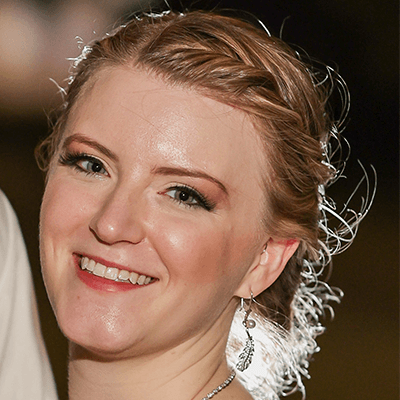
The hands on experience I was able to receive from co-oping paired with the EE curriculum and resources offered by the college made it possible for me receive and accept a full time job offer before graduating.
Did you know?
- 97 percent of our graduates launch their careers or continue their education upon graduation.
- SOURCE: UWM First Destination Survey for the College of Engineering & Applied Science, 2021-2022
We’re Here to Help
We have a dedicated Career Services Department at the College of Engineering & Applied Science who works exclusively with our students to prepare them for a career after graduation.
What You’ll Do
Graduates of our electrical engineering degree program work in almost every industry because electricity has integrated itself into every aspect of modern life, and demand for electrical engineers is expected to grow 3% per year for the next decade so there is job security in electrical engineering. Careers in electrical engineering can involve:
- Batteries
- Bio-imaging and devices
- Communications
- Controls and automation
- Embedded System Design and implementation
- Energy generation and transmission
- Motors
- Optical and photonic circuits and devices
- Power electronics
- Renewable energy
- Signal and image processing
For general information on electrical engineering as well as information on technical specialties within the field, visit the Institute of Electrical and Electronics Engineers and Career Cornerstone.
Advising
- Academic Advisor, Undergraduate Advising
- Students with last names M-R
- wisnowsk@uwm.edu
- 414-251-5368
- Engineering and Mathematical Sciences 386
- Academic Advisor, Undergraduate Advising
- Students with last names A-E
- brandonc@uwm.edu
- 414-251-9253
- Engineering and Mathematical Sciences E386
- Senior Advisor, Undergraduate Advising
- Students with last names beginning F-L
- Prospective Transfer Student Liaison
- currentt@uwm.edu
- 414-229-2203
- Engineering & Mathematical Sciences E385B
- Senior Advisor, Undergraduate Advising
- Students with last names beginning S-Z
- Prospective Student Liaison
- klumpp@uwm.edu
- 414-229-5193
- Engineering and Mathematical Sciences E385C
Tutoring
- Retention Coordinator, Tutoring
- Student Support Center Coordinator
- Freshmen Orientation Instructor
- Ander675@uwm.edu
- 414-229-3882
- Engineering & Mathematical Sciences 386B
Faculty & Staff
- Richard and Joanne Grigg Professorship
- Associate Professor, Electrical Engineering and Computer Science
- Director, Center for Sustainable Electrical Energy Systems (SEES)
- Site Director, Center for GRid-Connected Power Electronic Systems (GRAPES)
- cuzner@uwm.edu
- 414-251-6147
- University Services and Research 201M
- Teaching Faculty 2, Electrical Engineering & Computer Science
- wfd@uwm.edu
- 414-251-7904
- Engineering & Mathematical Sciences W280
- Associate Professor, Electrical Engineering
- Department Chair, Electrical Engineering
- Associate Professor, Computer Science
- huy@uwm.edu
- 414-251-8830
- Engineering & Mathematical Sciences 1185
- Adjunct Professor, Electrical Engineering and Computer Science
- General Manager, Hardware Excellence & Chief Electrical Engineer, GE Healthcare
- kautzer@uwm.edu
- 414-229-5189
- Engineering & Mathematical Sciences E222
- Associate Professor, Electrical Engineering
- Associate Professor, Computer Science
- lawc@uwm.edu
- 414-229-6203
- Engineering and Mathematical Sciences 1219
- Professor, Biomedical Engineering
- Department Chair, Biomedical Engineering
- Professor, Electrical Engineering
- misra@uwm.edu
- 414-229-3327
- Engineering and Mathematical Sciences E-314
- Assistant Professor, Electrical Engineering
- Lab Director, Dielectric Resiliency & Electrical Aging Mitigation (DREAM) Lab
- chanyeop@uwm.edu
- Engineering & Mathematical Sciences USRB 201Q
- Assistant Professor, Electrical Engineering
- shen8@uwm.edu
- 414-251-9264
- Engineering & Mathematical Sciences 1119
- Richard and Joanne Grigg Faculty Fellowship
- Professor, Electrical Engineering
- Professor, Computer Science
- wang289@uwm.edu
- 414-251-7477
- Engineering & Mathematical Sciences 1277
- Associate Professor, Electrical Engineering
- Associate Professor, Computer Science
- wwang@uwm.edu
- 414-229-2247
- Engineering & Mathematical Sciences 1285
- Professor, Electrical Engineering
- Professor, Computer Science
- junzhang@uwm.edu
- 414-229-4246
- Engineering & Mathematical Sciences 1207


